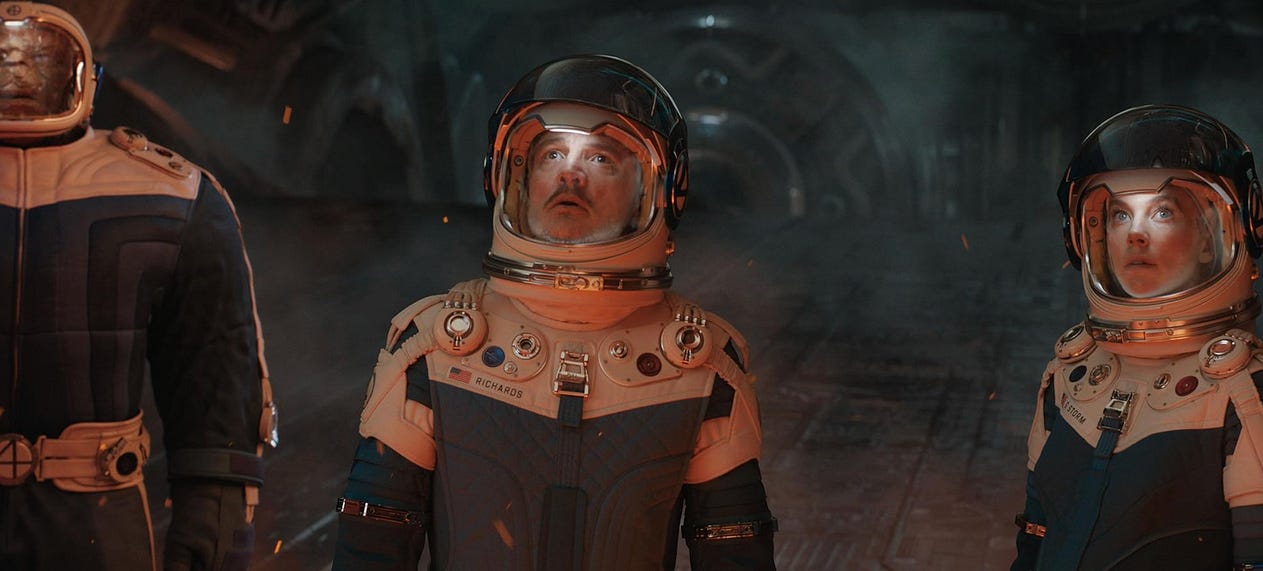The Fantastic Four’s Faltering First Steps
'The Fantastic Four: First Steps’ suffers and excels when detached from the glut of the Marvel Cinematic Universe
If there’s a single biggest drawback to the Marvel Cinematic Universe, it’s the congestion. What was once a focused string of superhero stories has snowballed into a runaway network of interlinked narratives, each demanding familiarity with a growing list of flashy lead-up installments.
Audiences have been bombarded with…
Keep reading with a 7-day free trial
Subscribe to The Gen Z Report to keep reading this post and get 7 days of free access to the full post archives.


